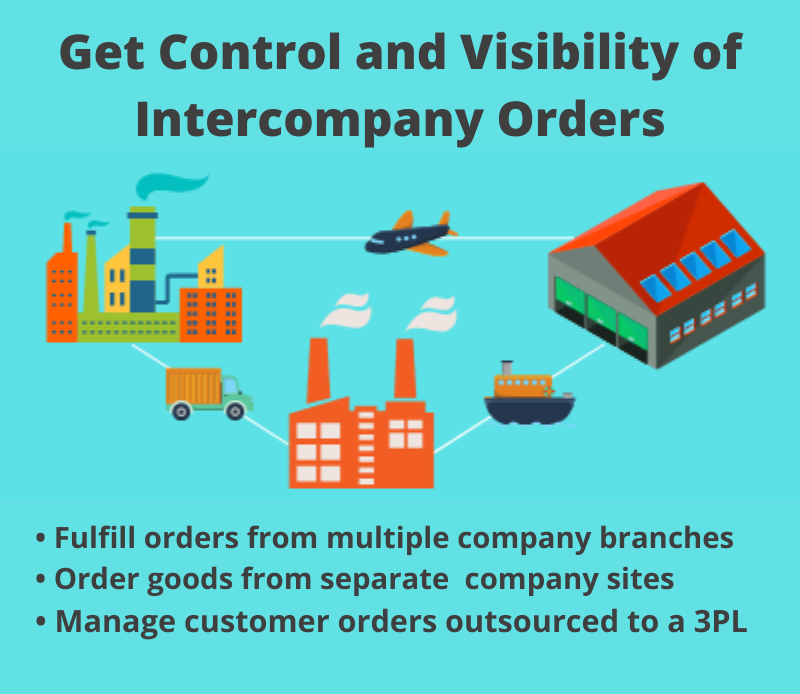Editor’s Note: If you plan to attend the Fall 2022 MWUG or WECUG conferences, Don will be giving a presentation, Get Educated About Supply Chain, at both conferences. He will provide an overview of the concepts that are applicable in a modern ERP system and discuss the history of the development of MRP in ERP, as well as explore some of the learning tracks outlined here.
 by Don Lindsey
by Don Lindsey
It has never been more important to increase your value as a Supply Chain professional. We’ve all seen how important Supply Chain has become to the world’s economy in the last few years. Here are some of the top Supply Chain certification programs and additional learning opportunities for those who want to expand their career success.
ISM Certified Professional in Supply Management (CPSM)
CPSM certification is available through the Institute for Supply Management (ISM). It validates your knowledge of supply management functions across several industries. To qualify, you need three years of full-time SCM experience in a non-clerical or support position. Certification must be renewed after four years, and 60 hours of approved continuing education credits are required.
ISM Certified Professional in Supplier Diversity {CPSD)
CPSD certification requires you to pass two exams. It can be obtained in addition to CPSM certification.
SCPro Council of Supply Chain Management Professionals (CSCMP)
CSCMP certification combines a multilevel education. There is a three-tiered exam process and three levels in the certification. Certification must be renewed every three years. You’ll be required to acquire 60 hours of eligible professional development activities and complete at least 20 hours of professional development annually.
SOLE Certified Professional Logistician (CPL)
CPL certification is available from The International Society of Logistics (SOLE). To qualify, you need at least nine years of experience practicing or teaching logistics and two years of experience in at least two fields of logistics. If you have a master’s degree, you’ll need four years of additional experience; and with a doctoral degree, you’ll need three additional years.
NCMA Certified Professional Contract Manager (CPCM)
CPCM certification can be obtained from The National Contract Management Association (NCMA). To be eligible, you need a strong understanding of the Certified Management Body of Knowledge (CMBK), business and training education, and a minimum of five years of experience in a relevant field.
Project Management Professional (PMP)
PMP certification is considered the most important industry-recognized certification for project managers and it is available through the Project Management Institute. Eligibility requirements include a secondary degree (high school diploma, associate’s degree, or the global equivalent), at least 7,500 hours of leading and directing projects, and at least 35 hours of project management education or CAPM certification.
APICS Certified Supply Chain Professional Certification (CSCP)
Association for Supply Chain Management (APICS), CSCP certification eligibility requirements include three years of related experience or a bachelor’s degree or international equivalent. To maintain the certification, you’ll need to earn a total of 75 professional development points every five years.
APICS Certified in Production and Inventory Management (CPIM)
CPIM certification is recognized globally as the standard of professional competence. To earn certification, you must pass two exams within three years. To maintain certification, you’ll need 75 professional development points every five years.
APICS Supply Chain Operations Reference (SCOR-P) Endorsement
The SCOR-P Endorsement links business processes, performance metrics, practices, and people skills into a unified structure. This certification validates your knowledge of the Supply Chain Operations Reference (SCOR) model and methods. To obtain SCOR-P Endorsement, you must pass the exam.
APICS Certified Logistics, Transportation and Distribution (CLTD)
CLTD certification proves you have in-depth knowledge of a broad range of supply chain logistics topics.
Other Learning Opportunities
APICS Fellow Programs CPIM-F, CSCP-F and CLTD-F
QAD Certification Programs – Supply Chain
Customer Management EE Certification
Enterprise Asset Management in Adaptive UX Certification
Enterprise Financials Certification
Field Service Management in Adaptive UX Certification
Financials in Adaptive UX Certification
Fixed Assets in Adaptive UX Certification
Manufacturing EE Certification
Manufacturing in Adaptive UX Certification
Purchasing in Adaptive UX Certification
Sales in Adaptive UX Certification
Service and Support Management EE Certification
QAD Demand & Delivery (formerly known as Supplier Portal) Certification
Supply Chain EE Certification
Don Lindsey, CFPIM, CIRM is a knowledgeable Implementation Project Manager, Trainer, and Business Analyst for all areas of QAD. He has been an implementation manager on several large, complex MFG/PRO projects, and has worked with the QAD system since 2007 in Manufacturing, Systems Management, Service & Support, and Finance. Don has a diversified background in a wide variety of manufacturing industries from Medical to Electronics to Industrial to Consumer Products. He has spoken for many years at the APICS Conferences, having taught in the APIC Certification program at California State University @ Fullerton for more than 20 years.




